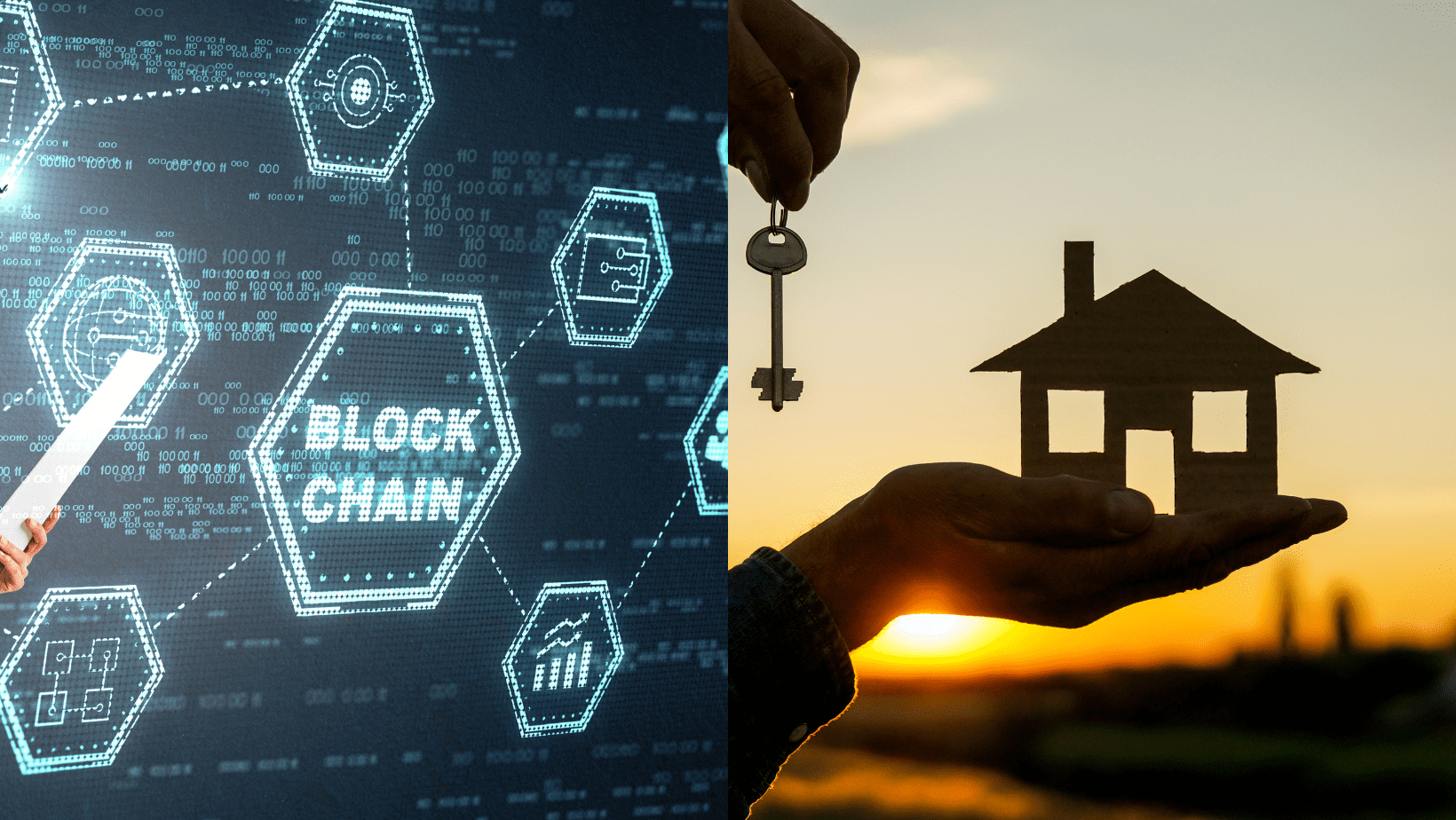Blockchain in Real Estate: Transforming Property Transactions in Pakistan

Introduction
Blockchain, the technology behind cryptocurrencies like Bitcoin, is no longer just a financial innovation. It’s now disrupting industries around the world—including real estate. In Pakistan, where property transactions are often delayed by red tape, lack of transparency, and fraudulent activity, blockchain offers a powerful solution: secure, transparent, and efficient property dealings.
Progressive developers behind projects like Falaknaz Greens, One Beverly, and The Mega Mall are beginning to explore how blockchain can revolutionize the way real estate is bought, sold, and managed in the country.
What Is Blockchain?
At its core, blockchain is a digital ledger system. It stores information in secure, tamper-proof “blocks” that are:
Decentralized
Transparent
Immutable (once recorded, can’t be changed)
In real estate, blockchain can be used to:
Record property ownership
Execute smart contracts
Track historical transactions
Enable digital identity verification
Ensure secure payments and transfers
Current Challenges in Pakistani Real Estate
Traditional real estate transactions in Pakistan face multiple issues:
Manual documentation leading to errors and delays
Forgery and duplicate registrations
Lack of transparency in ownership and title transfers
Lengthy court procedures in property disputes
Dependence on middlemen and agents
These challenges make real estate dealings risky and time-consuming. Blockchain has the potential to eliminate these inefficiencies.
How Blockchain Is Revolutionizing Real Estate
1. Transparent Property Ownership Records
Each time a property changes hands, the ownership change can be recorded on the blockchain, making:
Ownership history verifiable
Land titles tamper-proof
Fraudulent claims nearly impossible
Imagine Falaknaz Greens offering blockchain-based title deeds—buyers could confirm authenticity in seconds through an online ledger.
2. Smart Contracts for Hassle-Free Transactions
Smart contracts are self-executing digital agreements coded on the blockchain. In real estate, they can:
Automate the buying/selling process
Ensure payments are released only when all conditions are met
Reduce the need for third-party involvement
A buyer of an apartment in One Beverly could use a smart contract to complete the deal without relying on lawyers or intermediaries, saving both time and money.
3. Tokenization of Real Estate Assets
Blockchain allows for tokenization, where a property is divided into digital tokens that can be traded or invested in.
This could enable:
Fractional ownership of luxury properties
Greater liquidity in the real estate market
Small-scale investors to enter high-value projects like The Mega Mall
It democratizes real estate by allowing anyone with a digital wallet to invest—even if they can’t afford full ownership.
4. Secure and Fast Transactions
Traditional property transactions involve multiple steps, documents, and parties. Blockchain:
Reduces delays
Cuts out manual verification
Secures transactions through cryptographic validation
Keeps records safe from tampering or loss
This creates faster, safer, and cheaper real estate deals.
Use Case: Blockchain in One Beverly
In a future-ready project like One Beverly, blockchain can be used to:
Verify identities of buyers and tenants
Provide digital title deeds accessible via QR codes
Store maintenance and payment records
Enable rental agreements via smart contracts
These features give residents greater control and trust over their property dealings.
Government & Legal Implications
Pakistan is beginning to recognize blockchain’s potential. Initiatives like:
Land digitization projects in Punjab and KPK
Government blockchain pilot programs
Collaboration with tech companies for secure land records
…are paving the way for widespread adoption.
Still, for blockchain to become mainstream, Pakistan needs:
Updated regulations for digital transactions
Legal recognition of blockchain-based contracts
Public awareness and professional training
Benefits for Stakeholders
For Buyers and Investors:
Full transparency in ownership
Faster, fraud-resistant transactions
Ability to invest in fractional property shares
For Developers:
Cost savings on documentation and sales processing
Enhanced brand trust and credibility
Better investor engagement via tokenization
For the Government:
Reduced corruption in land registries
Efficient property tax collection
Secure digital land records
Projects like Falaknaz Greens and The Mega Mall can gain a first-mover advantage by embracing blockchain in their operations.
Challenges to Adoption
Despite the advantages, there are hurdles:
Regulatory uncertainty
Resistance from traditional real estate players
Technical skill gaps
Limited infrastructure in smaller cities
However, these are being gradually addressed by both private initiatives and public policy developments.
Future Outlook
Over the next decade, we can expect:
Blockchain-based national land registries
Widespread use of smart contracts for real estate transactions
Digital real estate exchanges where investors buy tokens of projects
Integration of blockchain with AI and IoT for smarter developments
Projects like One Beverly and Falaknaz Greens are poised to lead the industry by implementing blockchain for sales, leasing, and asset management.
Final Thoughts
Blockchain is not just a tech trend—it’s a paradigm shift for real estate. It promises transparency, efficiency, and inclusivity in a market often marred by delays and disputes.
By integrating blockchain technology, developers of Falaknaz Greens, One Beverly, and The Mega Mall can create a secure, investor-friendly ecosystem that sets a new standard in Pakistan’s real estate landscape.


